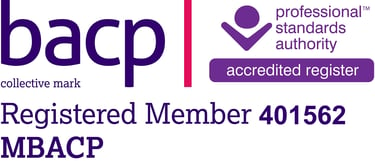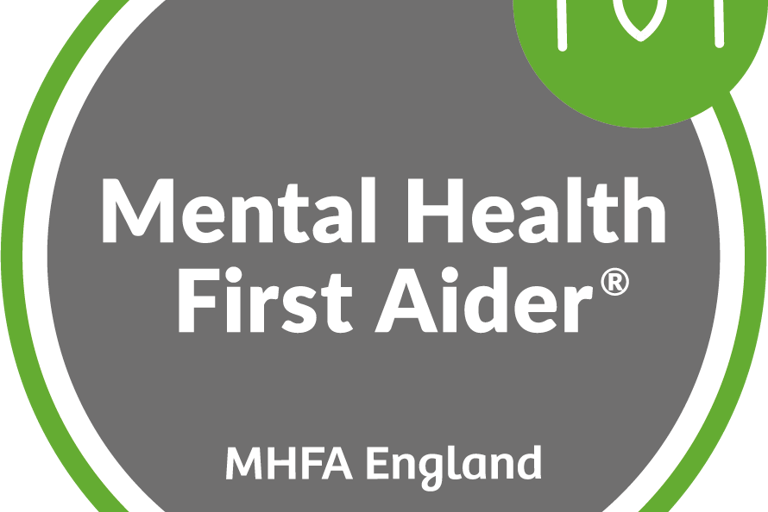Understanding the Guilt: Why Do We Feel Bad Doing What We've Been Taught?
12/17/20242 min read


The Nature of Guilt: A Quick Overview
Guilt is a complex emotion, often described as a feeling of regret or responsibility for some offense or crime. It can arise when we do something that conflicts with our values or beliefs. You might be wondering: why is it that we feel guilty even when we’re doing what we’ve been taught to believe is right?
Societal Expectations vs. Personal Values
One fundamental reason we feel guilty is the tension between societal expectations and our personal values. Society often provides guidelines on what is considered "acceptable" behaviour. From early childhood, we receive messages about right and wrong, often shaped by family, schools, and even media. As we grow older, we are conditioned to believe that adhering to these societal norms is the only way to achieve acceptance and success.
However, when these societal norms clash with our personal beliefs or desires, guilt can arise. For instance, you may have been taught to pursue a certain career, but your passion lies elsewhere. As you follow the path laid out for you, that nagging feeling of guilt can creep in, making you question your choices.
The Role of Cognitive Dissonance
Cognitive dissonance is another key concept that helps explain why we experience guilt. This psychological term refers to the mental discomfort that occurs when our actions don't align with our beliefs. It’s that internal struggle between wanting to do what is expected of us and the urge to stay true to ourselves.
When you act in a way that goes against what you've been led to believe is right, your brain attempts to reconcile these differences. Consequently, even when engaging in an activity that aligns with societal norms, you might still feel guilty because it doesn’t resonate with who you are inside. This disconnection can lead to feelings of shame and guilt, as you might think you're betraying your true self.
Learning to Embrace Your Choices
Removing guilt from our decision-making process can take time and self-awareness. It’s essential to evaluate why you feel guilty about certain choices. Reflect on whether they stem from external pressures or your genuine desires. Embracing who you are and understanding that it’s okay to deviate from prescribed paths can help alleviate some of that guilt.
In conclusion, feeling guilty when doing what you’ve been led to do stems from the interplay of societal expectations, personal values, and cognitive dissonance. Acknowledging this guilt is the first step towards understanding yourself better and making choices that harmonize with your true identity. Remember that it's perfectly fine to carve your own path, even if it feels a little unsettling at first.






